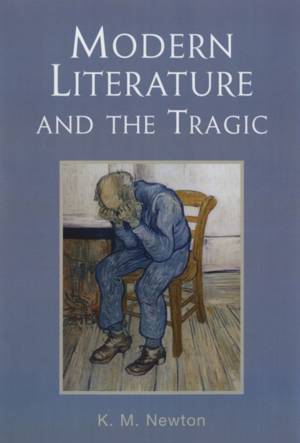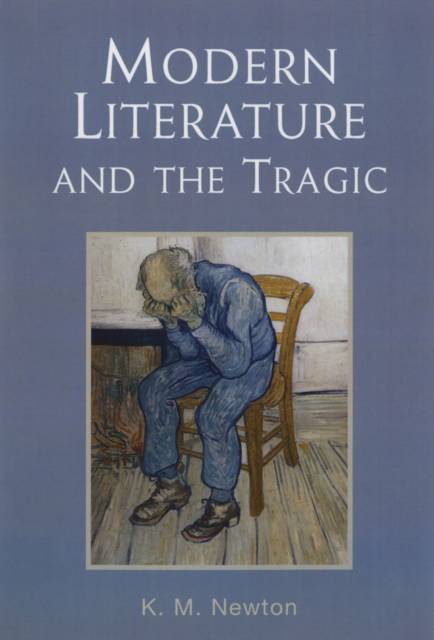
Je cadeautjes zeker op tijd in huis hebben voor de feestdagen? Kom langs in onze winkels en vind het perfecte geschenk!
- Afhalen na 1 uur in een winkel met voorraad
- Gratis thuislevering in België vanaf € 30
- Ruim aanbod met 7 miljoen producten
Je cadeautjes zeker op tijd in huis hebben voor de feestdagen? Kom langs in onze winkels en vind het perfecte geschenk!
- Afhalen na 1 uur in een winkel met voorraad
- Gratis thuislevering in België vanaf € 30
- Ruim aanbod met 7 miljoen producten
Zoeken
Omschrijving
This book explores modern literature's responses to the tragic. It examines writers from the latter half of the nineteenth century through to the later twentieth century who respond to ideas about tragedy.Although Ibsen has been accused of being responsible for the 'death of tragedy', Ken Newton argues that Ibsen instead generates an anti-tragic perspective that had a major influence on dramatists such as Shaw and Brecht. By contrast, writers such as Hardy and Conrad, influenced by Schopenhauerean pessimism and Darwinism, attempt to modernise the concept of the tragic. Nietzsche's revisionist interpretation of the tragic influenced writers who either take pessimism or the 'Dionysian' commitment to life to an extreme, as in Strindberg and D. H. Lawrence. Different views emerge in the period following the second world war with the 'Theatre of the Absurd' and postmodern anti-foundationalism.Key Features*Broad coverage of drama and fiction by British, European, and American writers*Provides readings of particular texts including Tolstoy's Anna Karenina, Ibsen's Ghosts, Strindberg's Miss Julie, Brecht's Mother Courage, Chekhov's Three Sisters, Thomas Hardy's Tess of the d'Urbervilles and Jude the Obscure, Shaw's Saint Joan, Miller's Death of a Salesman, Conrad's Heart of Darkness, and D H Lawrence's The Rainbow and Women in Love*Combines literary interpretation with philosophical discussion, e.g. of Schopenhauer, Nietzsche, Derrida, Rorty
Specificaties
Betrokkenen
- Auteur(s):
- Uitgeverij:
Inhoud
- Aantal bladzijden:
- 192
- Taal:
- Engels
Eigenschappen
- Productcode (EAN):
- 9780748636730
- Verschijningsdatum:
- 20/06/2008
- Uitvoering:
- Hardcover
- Formaat:
- Genaaid
- Afmetingen:
- 163 mm x 236 mm
- Gewicht:
- 439 g

Alleen bij Standaard Boekhandel
+ 402 punten op je klantenkaart van Standaard Boekhandel
Beoordelingen
We publiceren alleen reviews die voldoen aan de voorwaarden voor reviews. Bekijk onze voorwaarden voor reviews.









